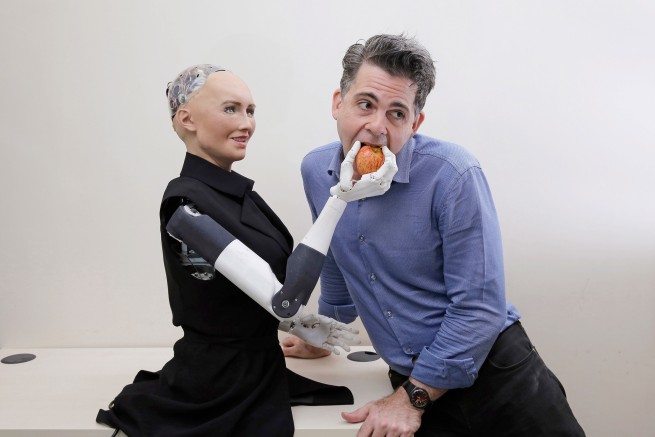The definition of old age is not fixed from a biological, demographic (mortality and morbidity conditions), labor, pension and sociological point of view. But for the purposes of statistics and government, old age is considered to begin at 60 or 65 years of age.
However, new research from the American Psychological Association (APA) shows that perception of aging people have changed in recent years. In particular, researchers from Germany and the USA asked 14,000 people: “At what age would you call a person elderly?” Most 60-year-olds answered 75 or older.
According to their study, published in the journal Psychology and Aging, perceptions varied across generations. The older the participants were, the “further” they set the age limit, the study authors note. Life expectancy has increased by 6.2 years over the past century, thanks to advances in health and medicine and rising living standards.
Already, people are living twice as long as they did 150 years ago, thanks to increased knowledge about diseases and their spread.
Richard Faragher, professor of biogerontology at the University of Brighton, writes in the study that “in 1921, people did not live to be 105 years old. Estimates of life expectancy limits have since been criticized, as all life expectancy “upper limits” proposed to date have been exceeded,” he explains.
For example, the age of the oldest person who ever lived reached 122 years and 164 days. Jeanne Kalman died in 1997, and her record has still not been broken. Most scientists agree that our current lifespan limit is about 120 years, largely due to the way the human body works.
A huge new step in the fight against aging and the (many) diseases associated with it has been made by scientists at Harvard Medical School in collaboration with their colleagues at the University of Maine and the Massachusetts Institute of Technology (MIT), as reported in Aging Magazine. Researchers developed the first chemical approach to reprogramming human cells.
“Until recently, the best we could do was slow down aging. The new discoveries suggest we may now be able to turn back the hands of time,” said David Sinclair, professor of genetics, co-director of the Paul F. Glenn Center for Biology and Aging Research at Harvard Medical School, and lead author of the study.
The Harvard team envisions a future in which the diseases of aging can be effectively treated, wounds can heal faster and better, and the dream of rejuvenating the entire human body becomes a reality.







More Stories
Robot Sophia commented on her fall from the steps in Thessaloniki
Impressive "missile war" in Vrontado on Chios
Public transport traffic in Athens on Easter weekend